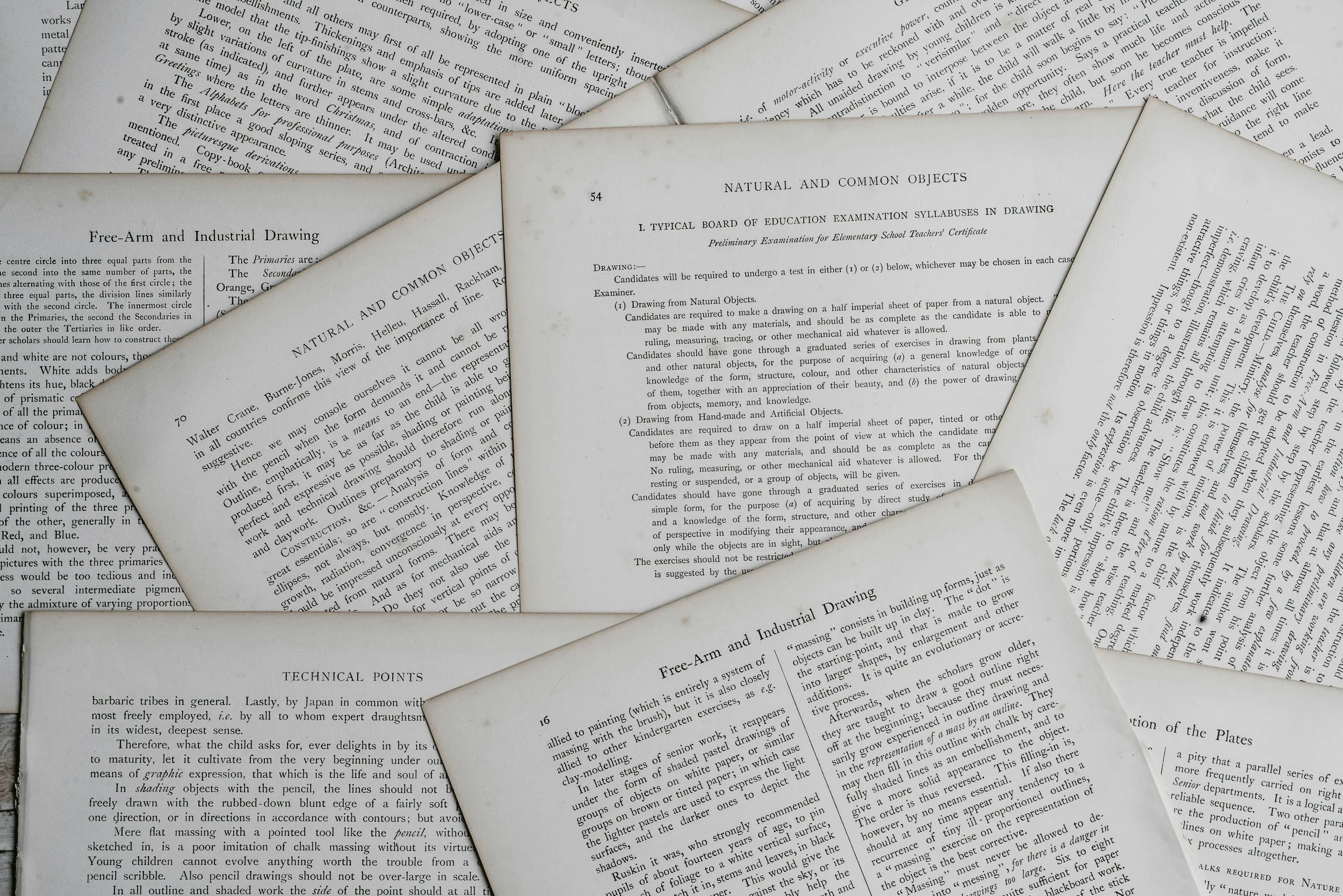Page 125
The prophets tethered to Yahweh through his Spirit. We must be careful here not to confuse the role of God’s Spirit here with the more robust picture we get in the New Testament and into the writings of the Early Church. Yahweh’s Spirit in the Old Testament isn’t a marker of salvation in the way that Paul will talk about it in his epistles. For the ancient world of Elijah and Elisha, the Spirit of God was the essence of the divine—the equipment they needed to act as Yahweh’s representatives. This special connection to divine power was widely recognized throughout Israel’s contemporaries.
Pharaoh in Egypt attributed Joseph’s dream-interpretation to the presence of the spirit of the gods (Gen. 41:38). Much later, Nebuchadnezzar attributes Daniel’s interpretation of his dreams to “the spirit of the holy gods” (Dan. 4:8). While Elijah and Elisha aren’t here interpreting dreams, they are demonstrating the power of their God, Yahweh, over against the foreign gods that the northern tribes had taken up with. That power the text attributes to the presence of the Spirit of Yahweh.
Page 126
The irony of Jonah and Israel believing Yahweh is on their side. Whether or not Jonah is an historical narrative (I highly doubt that it is) is ultimately immaterial to the force of the text. The short story leverages almost excruciating levels of satire to point out a particular view of Yahweh, his justice, and the prophetic opinion of when and how it should be implemented.
The book succeeds primarily because it uses satire rather than sincere narrative or prophetic utterances. It leaves readers unable to escape the indictment not just of Israel but also of themselves. For more on the nature of satire in Jonah and its effects, see David Marcus, From Balaam to Jonah: Anti-Prophetic Satire in the Hebrew Bible (Atlanta: Scholars Press, 1995), 150–59.
Page 128
Daniel seems to have read Jeremiah’s prophecies. See Daniel 9:2. It seems that Daniel was not only familiar with Jeremiah’s prophetic ministry, but that he also had a copy of Jeremiah’s sermons. It would be easy to dismiss this little detail as a fabrication on the part of the author, but regardless, the significance for the narrative is key: Daniel’s faithfulness was tied to the promises of Yahweh.
Page 131
Stanley Williams and the “moral premise” of a literary work. While Williams’ work aims to help screenplay writers craft compelling narratives, the research he presents in the first part of his book on the nature of a moral premise in human storytelling is instructive.
Page 131
Yahweh needs a different kind of human. See Heiser, Unseen Realm, 240. Heiser expresses the same sentiment in slightly different language. The issue at hand is the frailty of the human heart and its inability to submit to Yahweh. Fundamental to the solution, then, is a transformation of humanity.
Heiser bifurcates the solution into two parts: the divine-human Jesus and the indwelling of the Holy Spirit. I’m disinclined to read Pauline theology back into the prophets here, but the metaphor of a new heart is key. Humanity is broken. Humanity needs to be fixed. The answer is in a new kind of human that draws from the divine, not from the dust of the earth.

